Russian S-400 compatible with NATO's security system, says Turkish foreign minister
Turkish Foreign Minister Mevlut Cavusoglu seeks to assuage NATO’ concerns about Ankara’s purchase of advanced Russian-made S-400 missile defense systems, saying the military hardware is compatible with the alliance’s security systems.
“What is the concern or claim? That the F-35s and S400 are not compatible... This is the claim, right. And here is our proposal, let me repeat, let's establish a working group and NATO can chair this or lead this. And let the experts examine this, assess this, make the assessment and they should come back to us,” Cavusoglu said during a panel discussion at the annual meeting of the World Economic Forum in the Swiss ski resort of Davos on Thursday.
He added, “We believe that they are not incompatible and we are making sure that they will integrate to the NATO system - this is the defense system - and will not pose any threats neither to the NATO system nor to NATO allies.”
Ankara’s purchase of the S-400 system and its recent testing of US-made F-16 Viper and F-4 Phantom II fighter jets have strained its relations with Washington and other NATO members.
Ankara announced the tests on November 24 last year. The testing, which began the following day, continued through November 26.The S-400 systems are presently based at Murted Air Base, which is situated just outside the Turkish capital.
The US has already punished Turkey by suspending it from the F-35 stealth fighter jet program. Washington says operating the S-400 system alongside the F-35 would compromise the fighter's hi-tech secrets, adding that it will not allow F-35s to operate in airspace where the Russian system is active.
On December 12, Russian Foreign Ministry spokeswoman Maria Zakharova strongly condemned US pressures on Turkey over its purchase of the Russian S-400 missile defense systems, also dismissing Washington’s threats of sanctions over procurement of the systems as “unacceptable.”
“We consider this rhetoric unacceptable, since it is actually about pressure,” Zakharova said at a press briefing in Moscow at the time.
She added, “There are examples of similar pressure by Washington on a number of other states, this is not only about Turkey, and not only about the S-400, and not only about topics related to Russia. In recent years, Washington has used sanctions policy in those issues where it is necessary to promote its own interests.”
Her remarks came a day after US senators backed legislation to impose sanctions on Turkey over its military offensive in northern Syria and the purchase of the Russian S-400 missile system.
Turkish Defense Minister Hulusi Akar has said his country would not back away from the procurement of S-400 missile systems, and is currently in contact with its NATO allies, particularly the United States, to work out a solution to the matter.
He added that Ankara will continue its contacts with all relevant parties to handle disputes caused in the wake of S-400 purchase from Moscow.
Akar highlighted that Turkey has already taken delivery of two batteries of the S-400 system, and is now in the process of its installation.
Moscow and Ankara finalized an agreement on the delivery of the S-400 in December 2017.
Back in April 2018, Turkish President Recep Tayyip Erdogan and his Russian counterpart Vladimir Putin said in Ankara that they had agreed to expedite the delivery of the S-400. At the time, it was said that the delivery could be made between late 2019 and early 2020.
The S-400 is an advanced Russian missile system designed to detect, track, and destroy planes, drones, or missiles as far as 402 kilometers away. It has previously been sold only to China and India.
Ankara is striving to boost its air defense, particularly after Washington decided in 2015 to withdraw its Patriot surface-to-air missile system from Turkish border with Syria, a move that weakened Turkey’s air defense.
Before gravitating towards Russia, the Turkish military reportedly walked out of a $3.4-billion contract for a similar Chinese system. The withdrawal took place under purported pressure from Washington.
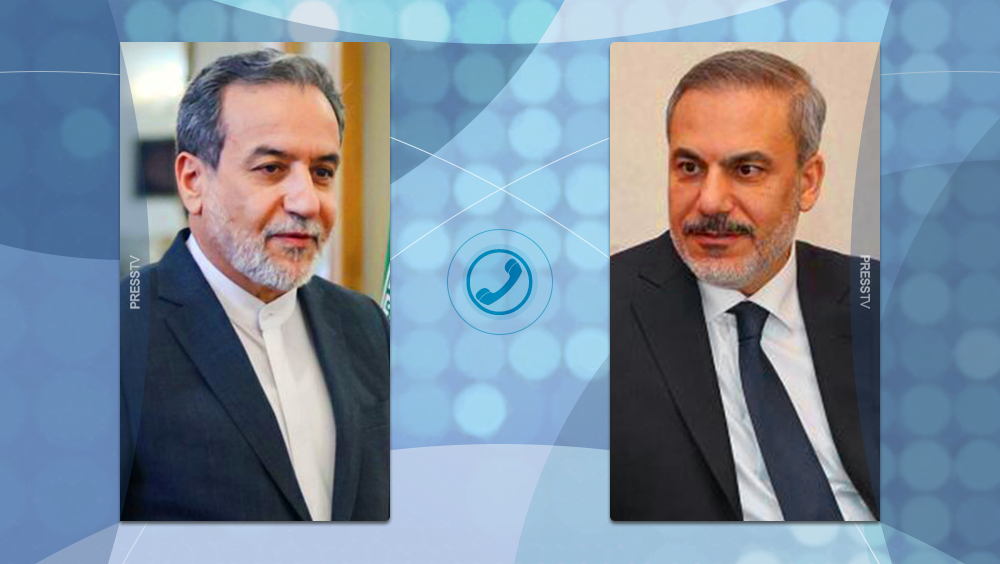
Iran, Turkey foreign ministers discuss Muscat talks, other regional issues
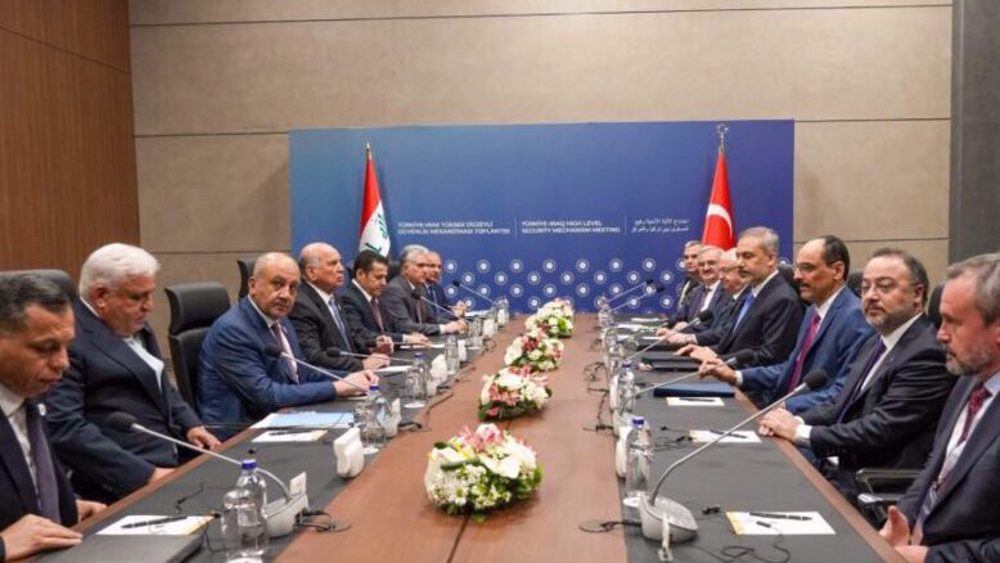
Iraq warns Daesh threats ‘resurging’ in Syria
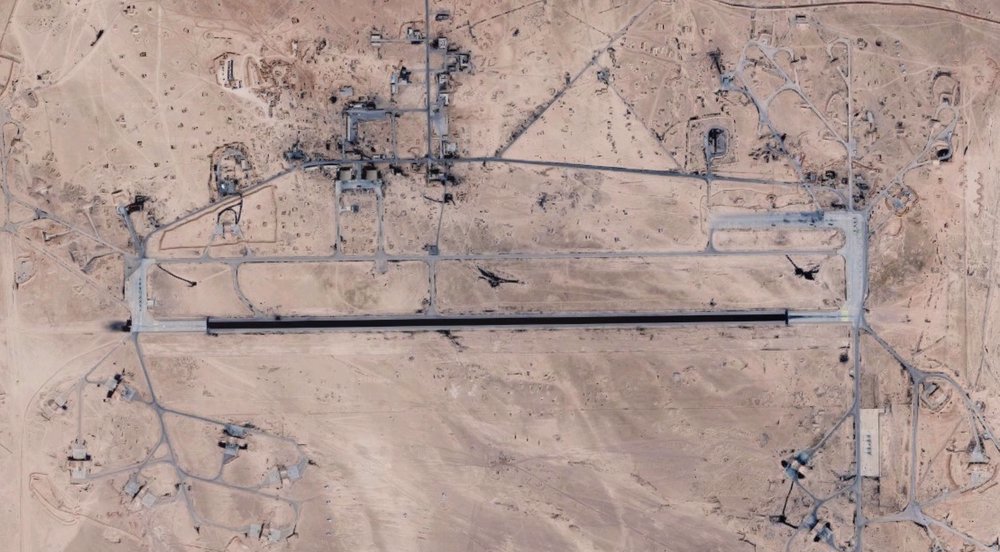
Turkey readies plans to take over Syria’s T4 airbase: Report
Senior diplomats from Iran, Russia, China hold talks with IAEA chief
Two US marines accused of raping Japanese women in Okinawa
VIDEO | Shahin Hazamy arrested primarily for his viral pro-Palestine social media posts: Filmmaker
Houthi: Bab al-Mandab, Arabian Sea closed to Israeli, US ships
India, Pakistan escalate tit-for-tat moves with military threats
VIDEO | Press TV's news headlines
Spain cancels arms deal with Israeli company over Gaza aggression
Dozen US states sue Trump government over 'insane, reckless' tariffs










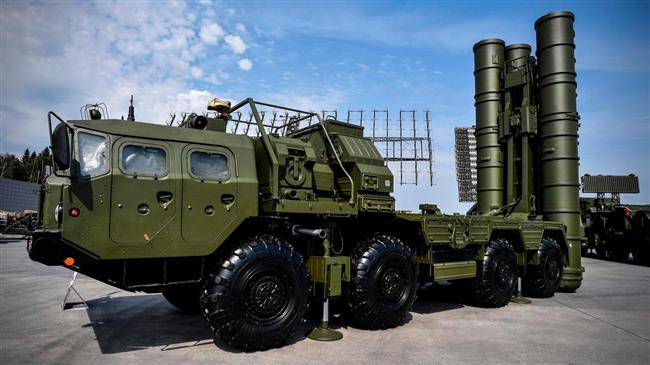
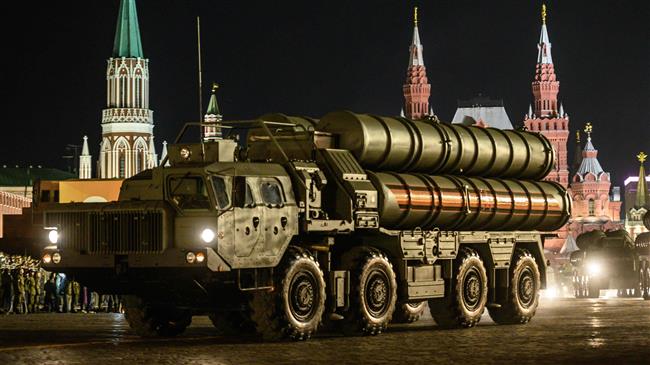
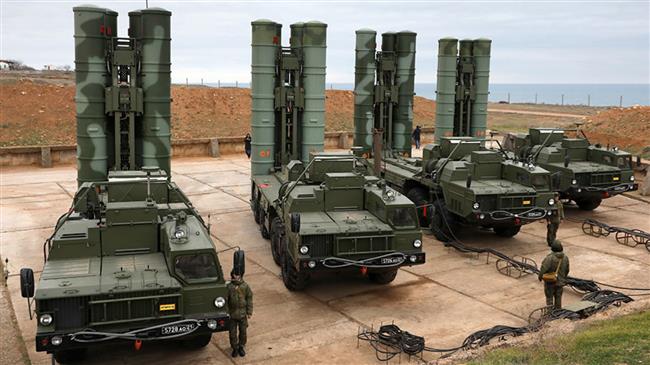
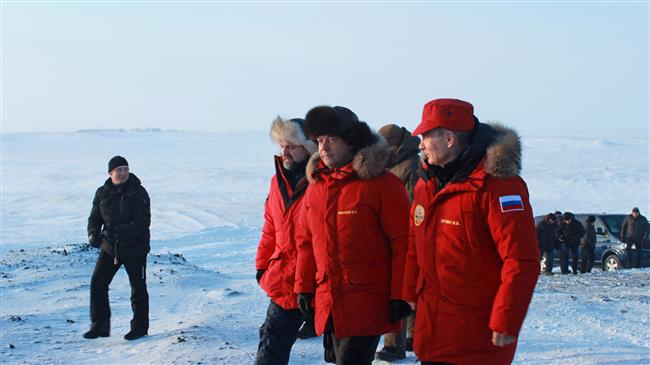
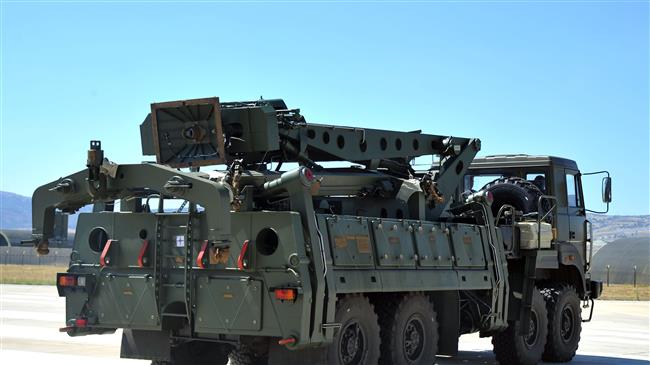
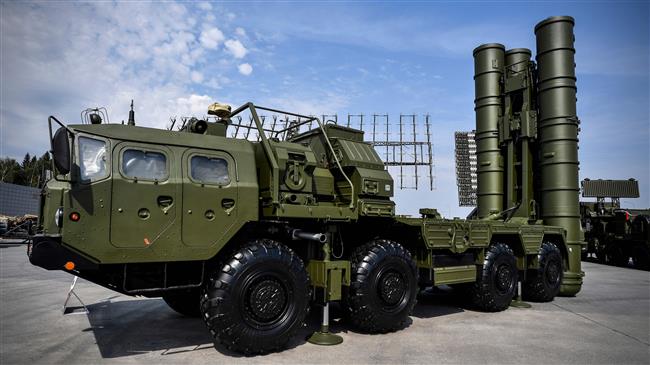
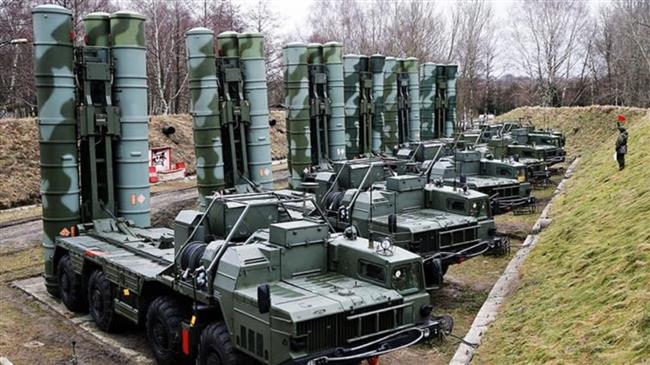

 This makes it easy to access the Press TV website
This makes it easy to access the Press TV website